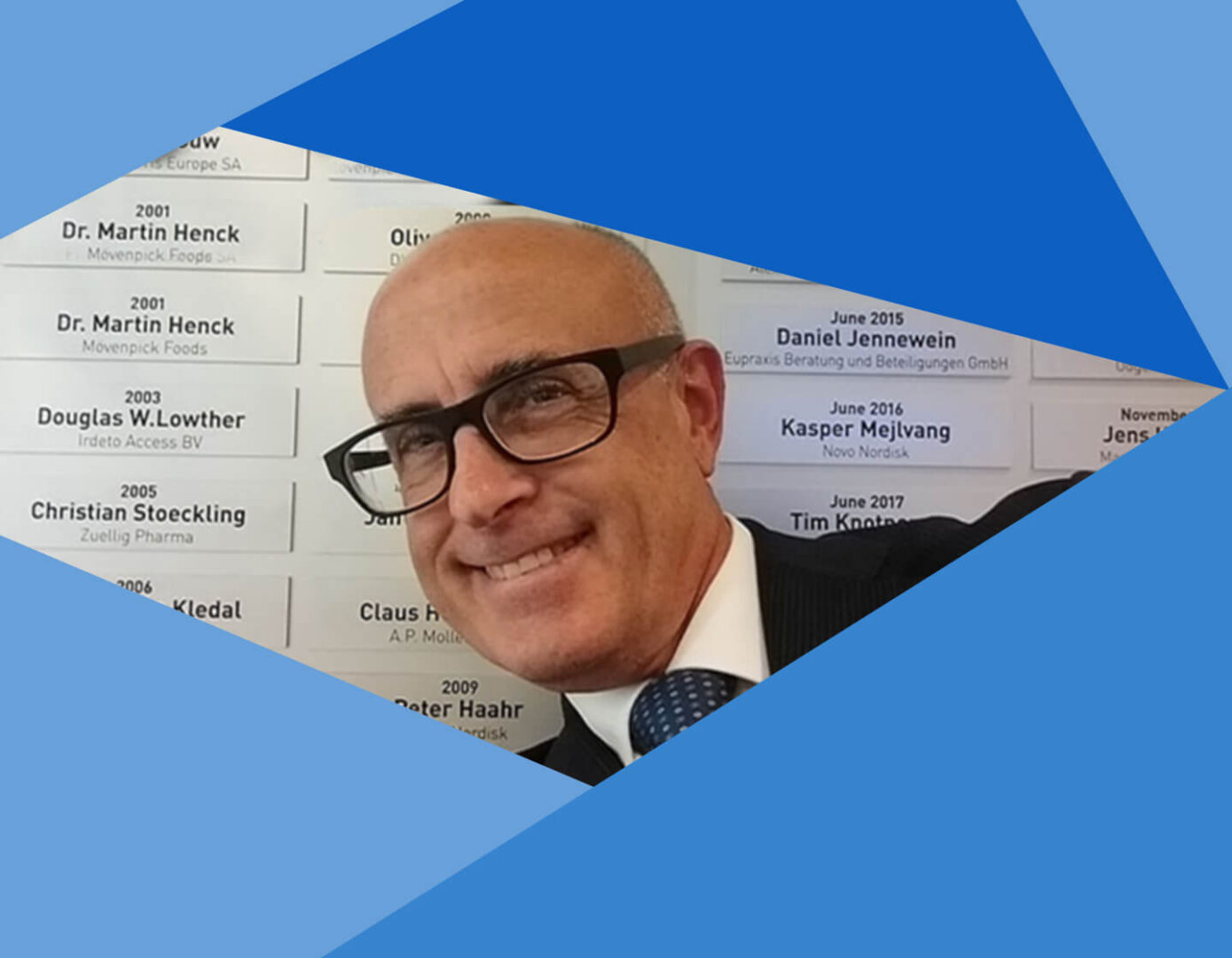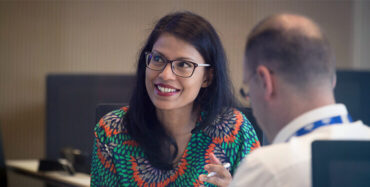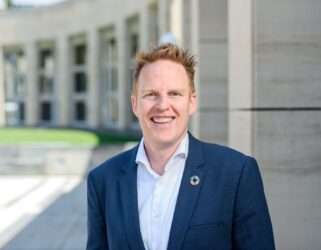
In 1996, sustainability was not high on the world agenda.
“Sustainability and other environmental fields were really fields of the future, not the present,” said Dall’Orso, remembering back to the year that would take his life in a very different direction.
A civil engineer by training, Genoa-born Dall’Orso spent time in the Italian Navy and worked around the globe for more than a decade before taking a sabbatical to re-evaluate his life and career. Wanting to explore the complicated relationship between man, business and the planet, Dall’Orso completed a Master of Science focusing on sustainability at Imperial College. Backed by corporate and institutional investors, Dall’Orso then launched several real estate and operations start-ups that specialized in the development and creation of innovative products, urban regeneration, and asset management and investment.
This was just the beginning of his sustainability journey, which would eventually lead him to achieve one of Italy’s most important urban blight success stories.
A site for sore eyes
While working for a public sector organization owned by the regional and federal governments, Dall’Orso was part of the leadership team responsible for the regeneration of the Milan World Expo 2015 site. After initially hoping to sell the land off to developers, the organization decided on a bold vision instead.
“We developed a detailed masterplan complete with a clear process for obtaining planning consents and authorization,” said Dall’Orso, who admitted that this process was not always straightforward in his home country.
The site would become a new generation urban innovation district, and the team closed four deals worth six billion euros that provided the funding. It is currently being transformed into a mixed-use facility with a research center, university, hospital, private corporations, startups, accelerators and incubators, and would become an engine for promoting sustainable social and economic progress in the region.
The lessons Dall’Orso learned with this project – as well as other private equity regeneration projects – can now be studied in the Springer edition of Urban regeneration and real estate development – turning real estate assets into engines for sustainable social economic progress. Written with Professor Andrea Ciaramella of Politecnico di Milano, it provides a methodology of friendly, evergreen and flexible thinking that that can serve as a reference guide to address a wide range of initiatives.
The book casts light on the importance of management in the process of renovating a site like that in Milan: adopting an open approach based on collaboration, crafting strong visions, developing appealing value propositions, embracing a modern leadership style and setting up highly effective multi-disciplinary team for the execution.
“We illustrate how standard approaches should be re-designed, business models innovated and processes re-engineered to guarantee better alignment between supply and demand of real estate as markets shift and new differentiators emerge among competitors,” said Dall’Orso.
The book targets a wide audience of urban regeneration and real estate professionals, but the author says “laymen will also appreciate the deep look into what contributes to successful city and property redesigns”.
Sustainability is here to stay
Dall’Orso says he owes a good deal of the basis of the book’s urban regeneration management approach to the open and innovative culture of learning at IMD. At the start of his studies, he did an intensive ten weeks of PED modules over one summer and then went straight into the EMBA program.
“The deep dive into innovation was one of the highlights of my time at IMD – I learned the culture of behaviors you need to trigger the drive for innovation in organizations,” said Dall’Orso. “Since finishing my degree I have also been lucky enough to attend the SUN program which featured three models of innovation and human behavior.”
A committee member of the IMD Italy Alumni Club, Dall’Orso has been involved in their activities over the past two years. He has also become a vital resource for growing the Alumni Community for Entrepreneurship (ACE) Initiative across Italy and sits on the Initiative’s leadership team. It’s both a way to expand his business horizons and network with other ambitious alumni involved in founding startups in the real estate industry and beyond.
But now that sustainability has moved from mere buzzword to organizational obligation, what are the implications for the real estate industry?
“Like Professor Bill Fischer told us: If we can’t get the organizational issues right, and if we can’t tune organizational culture to outperform, then all the other questions are irrelevant,” Dall’Orso said, stressing the need for building a truly innovative team from the ground up.
With Dall’Orso’s new book, everyone from budding entrepreneurs to senior real estate executives now has a roadmap for managing urban regeneration projects that bring value to both people and the planet in a sustainable manner, one brick at a time.


